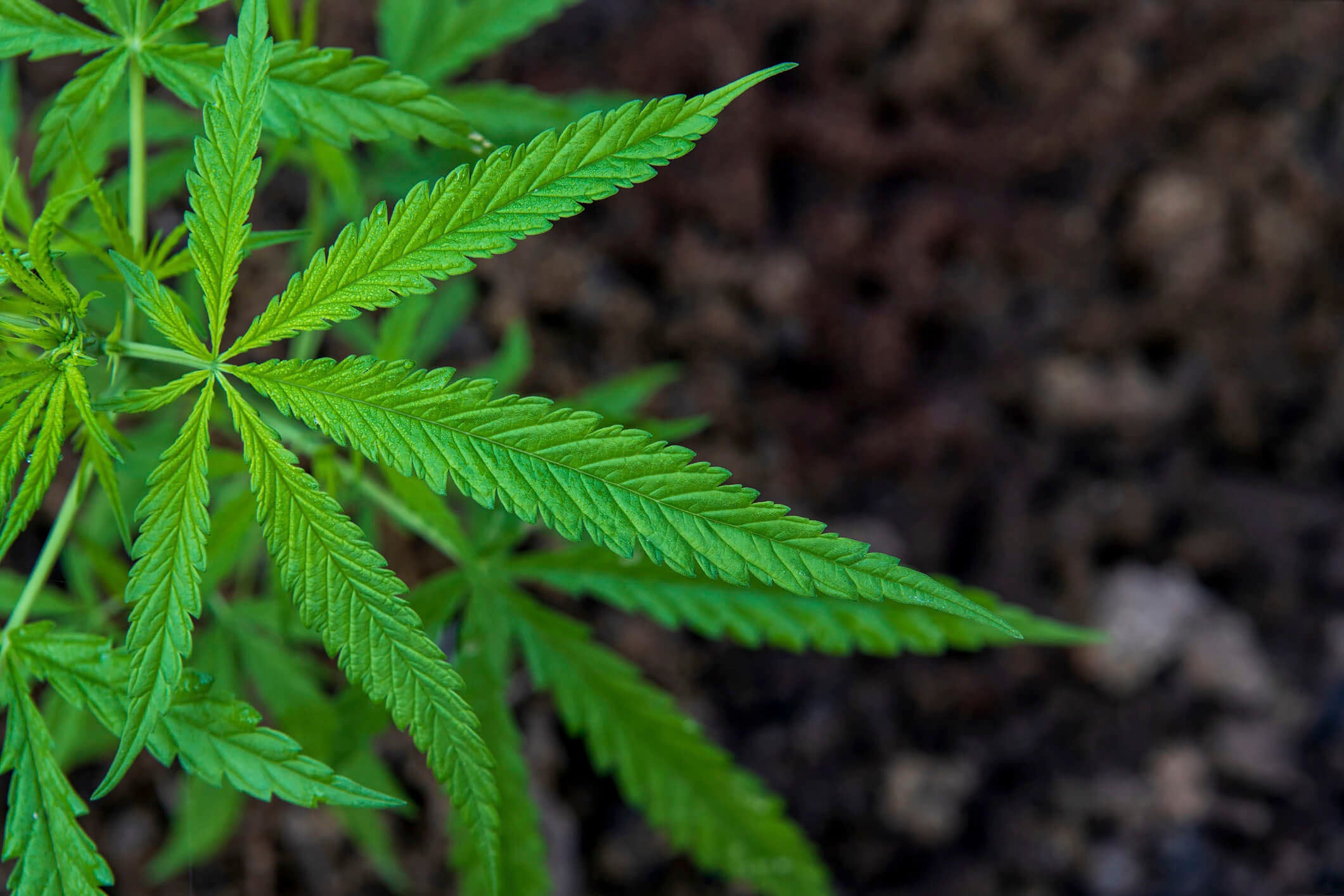Paradise Valley Products Glossary
CBD Glossary of Terms
We put together a CBD glossary to help you understand the important terms in the ever-changing hemp industry! This glossary contains the most commonly used terms in the CBD industry today.
Bioavailability:
Bioavailability is the fraction of an administered substance that’s allowed to enter the body’s circulation while remaining active.
Cannabis:
The plant family cannabaceae includes what are commonly known as cannabis (or marijuana) and hemp. Hemp is typically grown for textiles, construction materials and CBD-rich oil with low traces of THC. Cannabis is the term generally used to describe the flowers that contain higher amounts of THC.
Cannabinoids:
Chemical compounds that interact with the ECS as ligands (a substance that forms a complex with a biomolecule), cannabinoids bind directly or indirectly to ECS receptors, acting like chemical messengers to turn on or turn off physiologic signaling in the body. Cannabinoids can be made in the body (“endocannabinoids”), in plants (“phytocannabinoids”) or synthetically in the laboratory (“synthetic cannabinoids”). CBD is an example of a phytocannabinoid.
CBD (Cannabidiol):
One of over 100 identified cannabinoids, CBD is renowned for its analgesic properties and ability to counteract the intoxicating, euphorigenic effects of THC.
CBD Isolate:
Science can “isolate” CBD from the rest of the compounds found in cannabis. Research is scant but suggests that a more complete “full-spectrum” cannabis—which includes all of its cannabinoids and full terpene profile—is more beneficial.
CBN - Cannabinol, also known as CBN, is one of the many chemical compounds in cannabis and hemp plants. Not to be confused with cannabidiol (CBD) oil or cannabigerol (CBG) oil, CBN oil is quickly gaining attention for its potential health benefits.
CBG - A pure form of cannabigerol that contains no other cannabinoids or compounds from the hemp plant. CBD oil is an extract that contains cannabidiol and other cannabinoids and compounds from the hemp plant. You can use CBG by taking it sublingually (under the tongue), using it topically, or consuming it orally
Delta 8 Delta-8 tetrahydrocannabinol, also known as delta-8 THC, is a psychoactive substance found in the Cannabis sativa plant, of which marijuana and hemp are two varieties. Delta-8 THC is one of over 100 cannabinoids produced naturally by the cannabis plant but is not found in significant amounts in the cannabis plant. As a result, concentrated amounts of delta-8 THC are typically manufactured from hemp-derived cannabidiol (CBD)
Endocannabinoid System (ECS):
A complex system in the human body discovered in the 1990s, the ECS is understood to modulate all physiological processes throughout the brain and body, including the management of appetite, pain, sleep and mood. The purpose of this system is whole-body homeostasis (or balance), the optimal state for maintaining health and natural healing.
Entourage Effect:
This concept suggests that CBD’s effectiveness is enhanced by the delivery of key components (such as CBD or THC) alongside other components (like terpenes and other compounds that are not yet fully understood). In a nutshell, a plant’s “magic” is somewhat lost the further you get from the rawest form of the pure plant.
Extraction Process:
CBD can be extracted from its source plants through different methods. Some extraction processes require solvents or additives, while others do not.
Full-Spectrum:
This industry term implies that an extract contains all cannabinoids and beneficial terpenes from its source plant.
Homeostasis:
This is a state of relative stability and optimal balance between interdependent elements, such as coordinated physiological processes—the ideal state for natural healing and wellness.
MCT Oil:
MCT stands for “medium chain triglycerides” or “medium chain fatty acids.” It is colorless, odorless, and stays liquid at room temperature, making it perfect to add to food, smoothies, and coffee for extra energy and brain-boosting benefits.
“Micro-dosing”:
The widely used term “micro-dosing” refers to the practice of consuming small amounts of a substance at a time, often at increased frequency throughout the day. Taking smaller amounts more often, as opposed to a large amount all at once, means a constant amount of an active ingredient remains in the body throughout the day instead of being metabolized and eliminated just a few hours after use. A “micro” amount of CBD typically refers to a serving size ranging from a fraction to 2.5 mg.
Non-Psychoactive:
This term technically applies to anything that doesn’t affect the mind. In industry jargon, the widely used description “non-psychoactive” implies that it should not induce the altered-state effects generally associated with THC. While CBD is technically psychoactive, CBD is non-intoxicating and non-euphorigenic—and often referred to “non-psychoactive.”
Psychoactive:
While it technically means “affecting the mind” and applies to any substance with mind-altering effects, this word is most often used to describe the intoxicating, euphorigenic properties associated with THC.
Sublingual:
Literally meaning “under tongue,” this method of ingestion delivers CBD to the bloodstream via capillaries under the tongue. Sublingual delivery allows greater bioavailability of CBD's active substances by bypassing absorption barriers, such as the intestines and liver.
Terpenes:
A class of organic compounds found throughout nature, terpenes serve a variety of roles, including shaping a plant’s smell and flavor. While the terms “terpene” and “terpenoid” are often used interchangeably, terpenoids differ by being oxygenated or “rearranged.”
THC (Tetrahydrocannabinol):
The most well-known of over 100 identified cannabinoids, THC has both analgesic and mind-altering qualities, most notably affecting focus, pleasure and perception of time.
- Choosing a selection results in a full page refresh.

